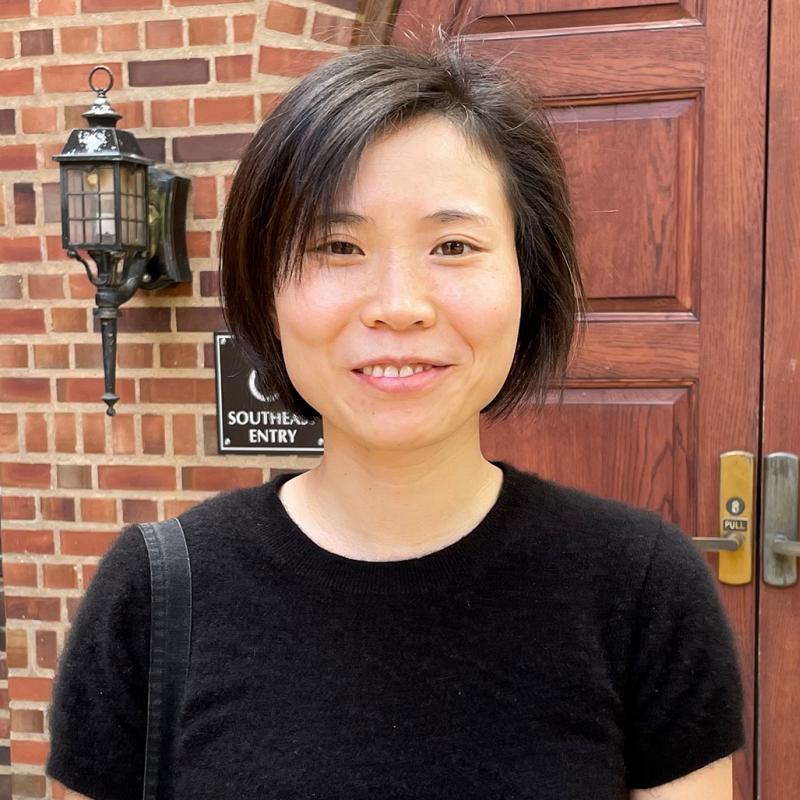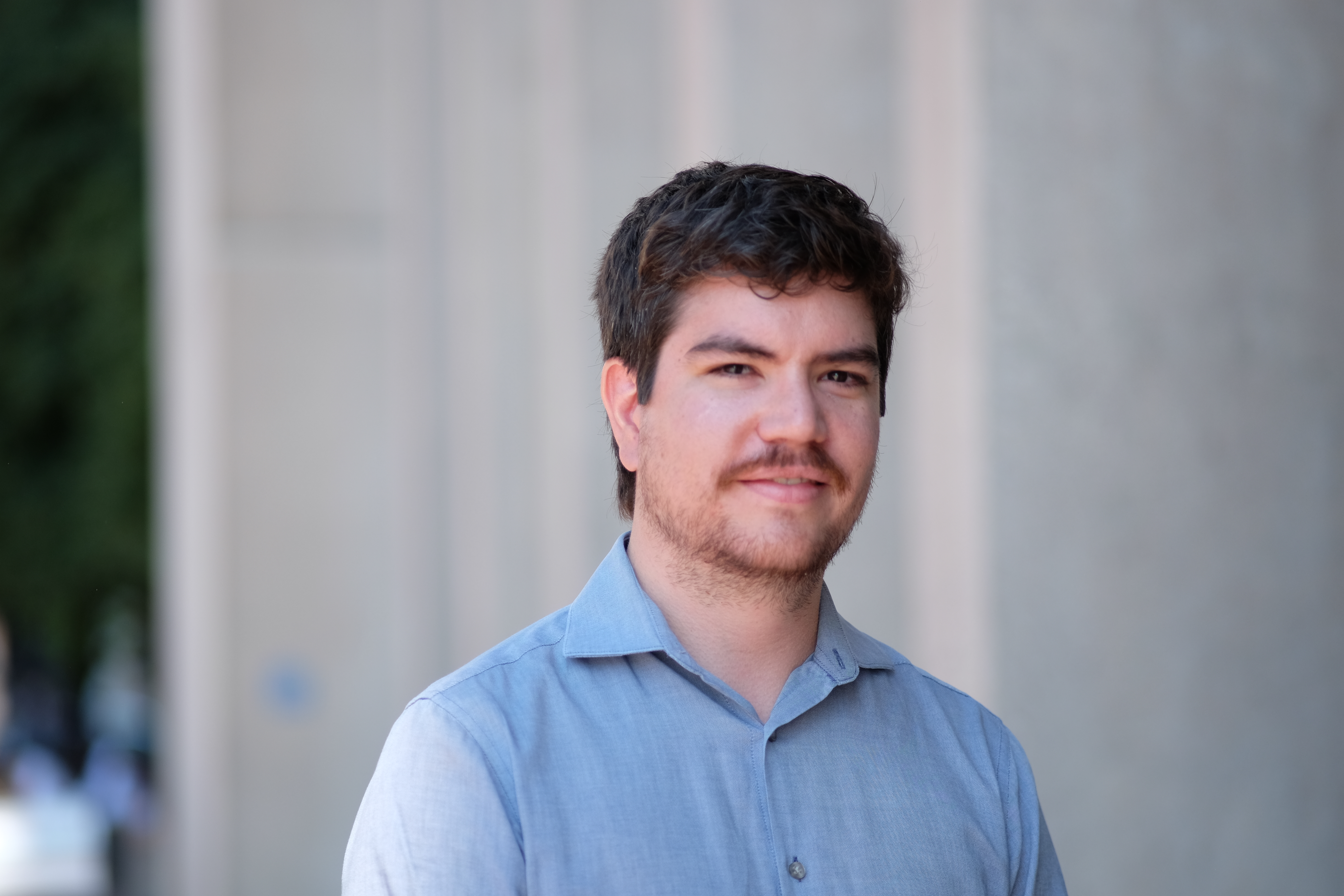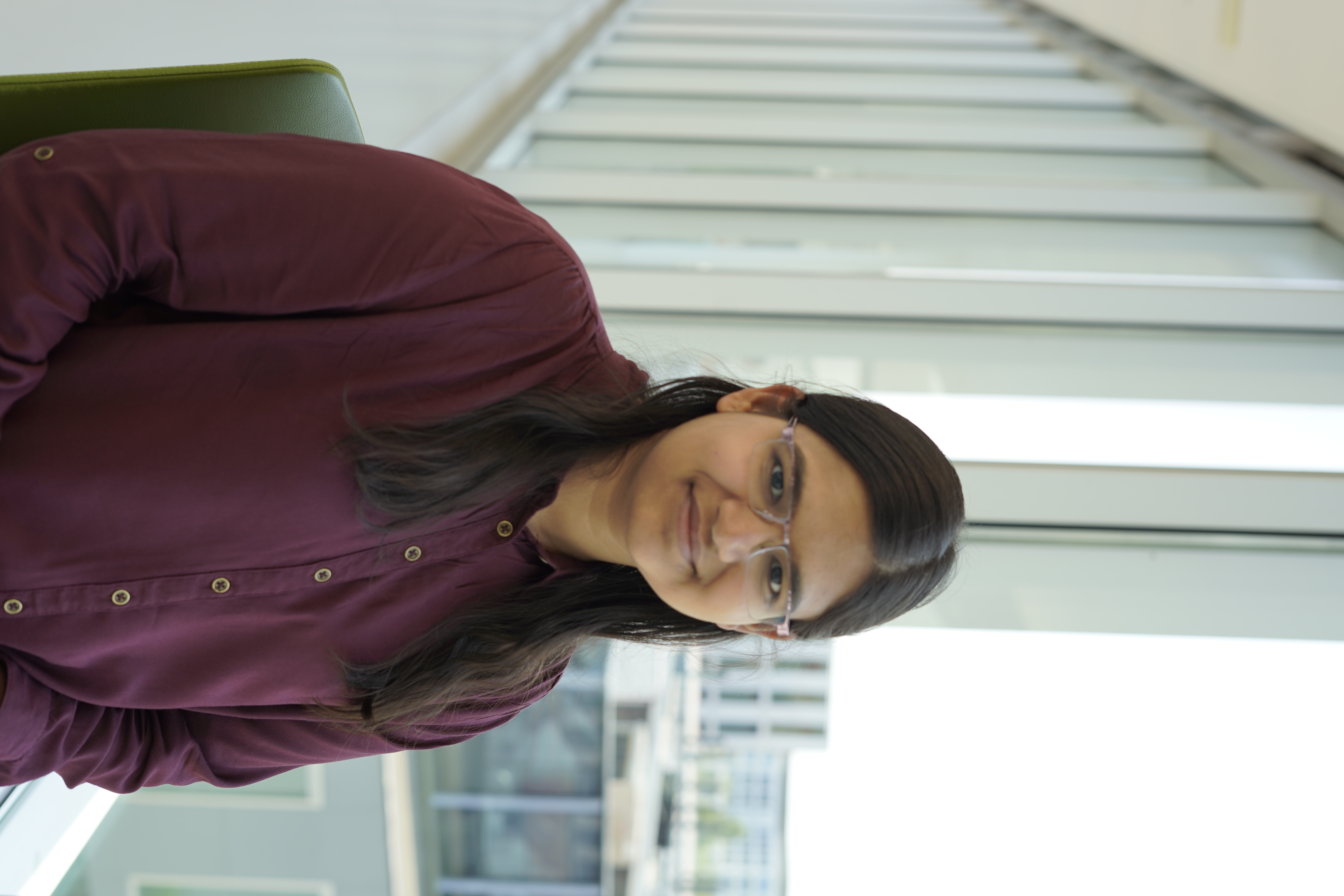Organizers

Yuanxi Fu is a PhD student in the School of Information Sciences at the University of Illinois at Urbana-Champaign. She received her MS in bioinformatics (2021) and PhD in chemistry (2015) from the University of Illinois at Urbana-Champaign and BS in chemistry from Nanjing University in China (2008). Her research interest include argumentation, Science of Science, and social epistemology. Her current subjects of research include unreliability propagation and literature review automation.

Dr. Rodrigo Dorantes-Gilardi is a Associate Research Scientist and part-time Lecturer at Northeastern University. His research at NetSI centers on Network Science with applications in biology and the science of science. He currently work in the team of Albert-László Barabási, where they study the impact of biotechnology in science and innovation. Using computational methods, his work involves studying the factors that influence impact & recognition in creative fields.

Dr. Sarah Bratt is an Assistant Professor at the University of Arizona School of Information (iSchool). She holds a B.S. in Philosophy from Ithaca College and M.S. in Library and Information Science with a Data Science certificate from Syracuse University. Her research lies at the intersection of scholarly communication, research data management, and science of science. The overarching goal of her research is to understand and design for long-term research data sustainability and actionable science policy. Her research has been published in Quantitative Science Studies (QSS), Journal of Informetrics, and Scientometrics. She was a Research Fellow at the Laboratory of Innovation Science at Harvard (LISH), a Teaching Fellow at the iSchool Inclusion Institute (i3), and has received several awards including the PhD prize in Information Science & Technology from Syracuse University and honorable mention as a 2022 Better Scientific Software (BSSw) Fellow.
Dr. Akrati Saxena is an Assistant Professor at the Computer Science and AI department of the Faculty of Science at Leiden University. Her research interests include Social Network Analysis, Complex Networks, Computational Social Science, Data Science, and Fairness. Her current research is focused on understanding inequalities in complex networks and algorithmic fairness in network and data science. She is interested in understanding and modeling the impact of affirmative actions and international policies on the collaboration network.
